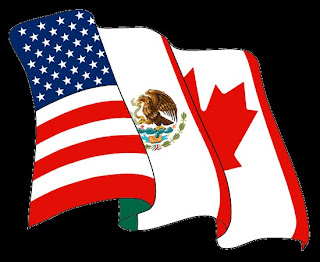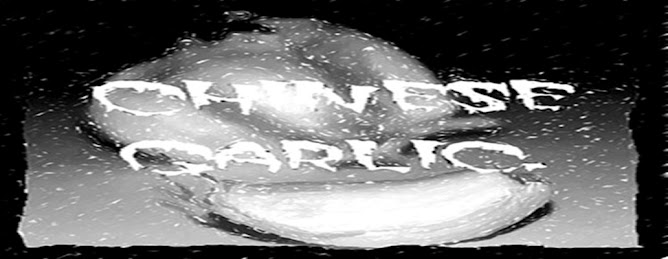The brand-spanking-new $819 billion stimulus passed Wednesday in the United States has politicians and captains of industry north of the 49th parallel crapping ice blocks.
At issue is the declaration that monies destined for infrastructure improvements must be spent on American materials - instead of sourcing the materials from foreign countries who can usually provide these materials for much less money. A dramatic departure from "business as usual" is unfolding, and the potential economic fall-out could be catastrophic.
I, personally don't equate the word "America" with the word "protectionism". The USA is for certain the country who has done the most to drive and broaden the spread of free-market ideologies throughout the world. Even those stodgy Europeans, after decades of convincing by the US, are finally on board with the idea of collapsing the old-fashioned "barriers to prosperity". The poor Europeans are now following the US into the figurative "20,000 leagues" under the sea.
Institutions like the World Trade Organisation and the World Bank are all dependent on the growth of free and unobstructed trade throughout the nations to grow their power. Countries around the world have spent decades tearing down the old ways of doing business to make way for the new, only to find that as Dylan said "the times... they are a changin' ".
This now unwelcome change in direction by the US may not sit so well with those citizens of the world who have tolerated or supported expanded liberalisations of trade on the premise that free-trade is the best key to prosperity. It looks to me like either an acknowledgement by the Democrats that globalisation has frankensteined or that there was too much divestiture of jobs that payed "living" (and tax-base creating/sustaining) wages. Perhaps some people are starting to wonder if the wholesale flushing of jobs down the Rio Grande was such a smart move in retrospect.
 Canadian politicians, surely thought that Mr. Obama's fiery rhetoric about international trade issues (specifically re-negotiating NAFTA) was merely a political ploy to court blue collar workers.. I mean, hey - our politicians were even told that the intentions of Mr. Obama were: "more reflective of political manoeuvring than policy." Isn't that enough assurance?
Canadian politicians, surely thought that Mr. Obama's fiery rhetoric about international trade issues (specifically re-negotiating NAFTA) was merely a political ploy to court blue collar workers.. I mean, hey - our politicians were even told that the intentions of Mr. Obama were: "more reflective of political manoeuvring than policy." Isn't that enough assurance?It's hard for me to imagine a complete undoing of NAFTA, but if this plan to exclude foreign competition is carried out, the ensuing trade-war will get downright nasty. You don't like Canadian steel? Fine - but are you content to do without our oil, natural gas, metals, wood and water? Should be a fine predicament.










